Frequent communal violence in its varied manifestations has become such a normal experience in India that it seemingly defies any effective analysis. In this book Paul R. Brass has tracked more than half a century’s riots in the north Indian city of Aligarh, covering the last three decades of British rule and the post-independence history of the city. This book is the culmination of a lifetime’s thinking about the dynamics of inter-group violence in northern India and exposes the mechanisms by which such violence is started and sustained. Brass implicates several actors for their sustained role in trying to produce communal violence. Much like a theatrical production, specific roles are played, with phases for rehearsal, staging, and interpretation. In this way riots become key defining factors in the history of struggle for political, economic and social dominance of one community over another. In the course of demonstrating how riots have been produced in Aligarh, Brass offers a compelling argument for abandoning or refining a number of widely held views about the supposed causes of communal violence, not just in India but throughout the rest of the world. It is also an invaluable contribution to our understanding of the interplay of nationalism, ethnicity, religion, and collective violence, wherever it occurs. An important addition to the literature on Indian and South Asian politics, this book will be useful to scholars and students of politics, history, sociology, as well as policy-planners in government, journalists, and activists of non-governmental organizations.
An Indian Political Life: Charan Singh and Congress Politics, 1967 to 1987
Charan Singh and Congress ...
$55.80
$62.00

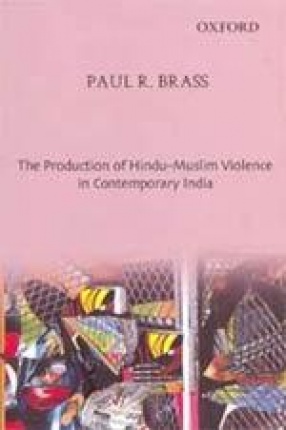
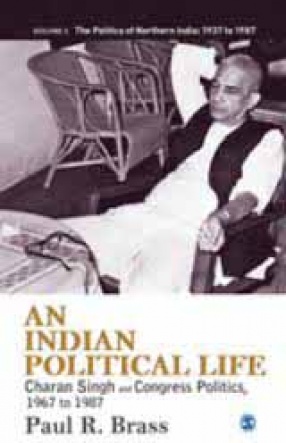
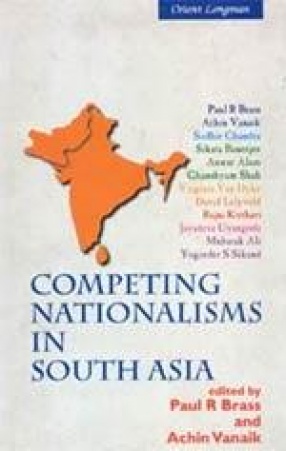
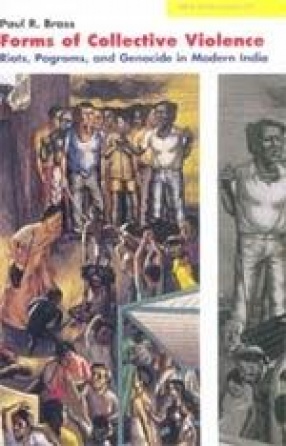
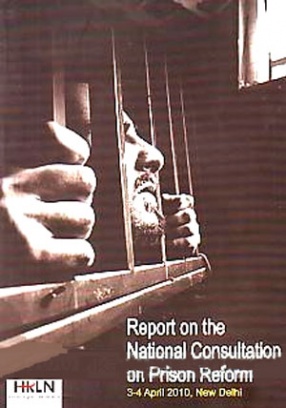
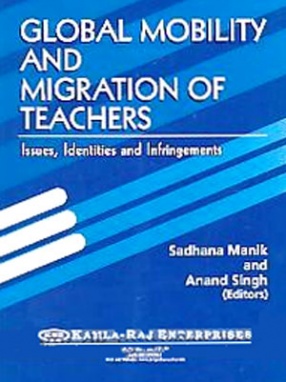
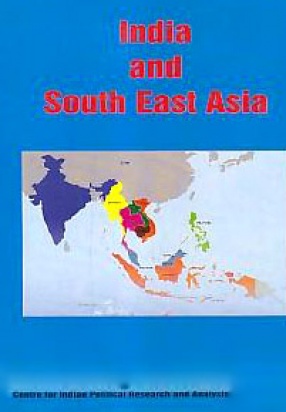
There are no reviews yet.